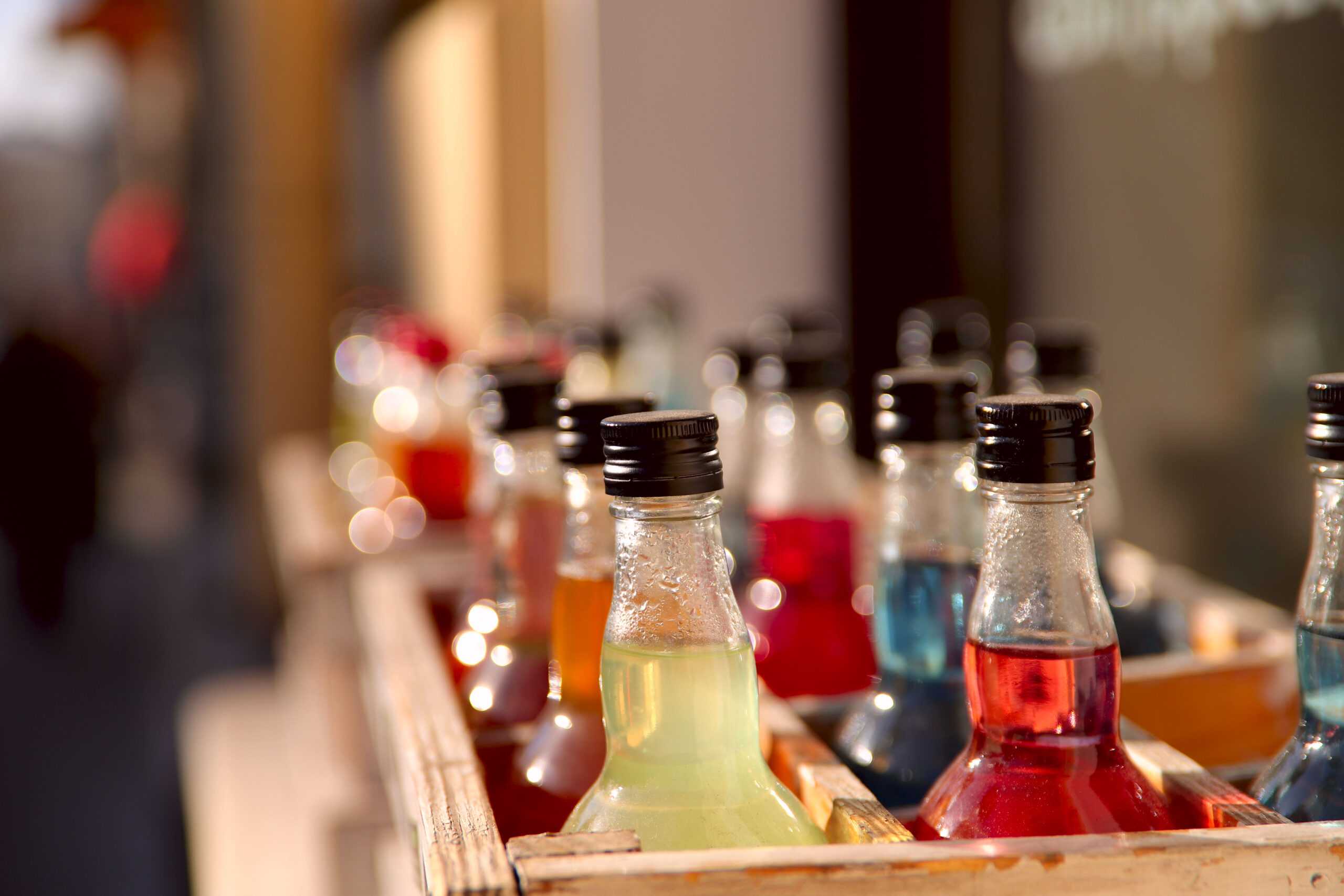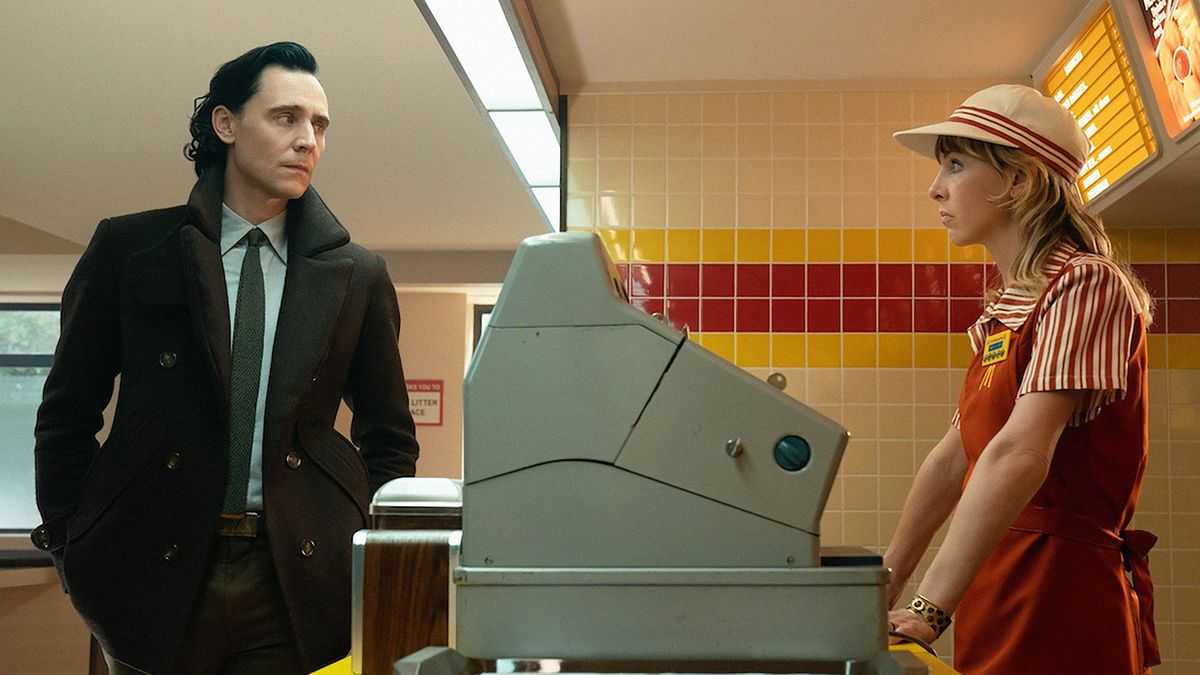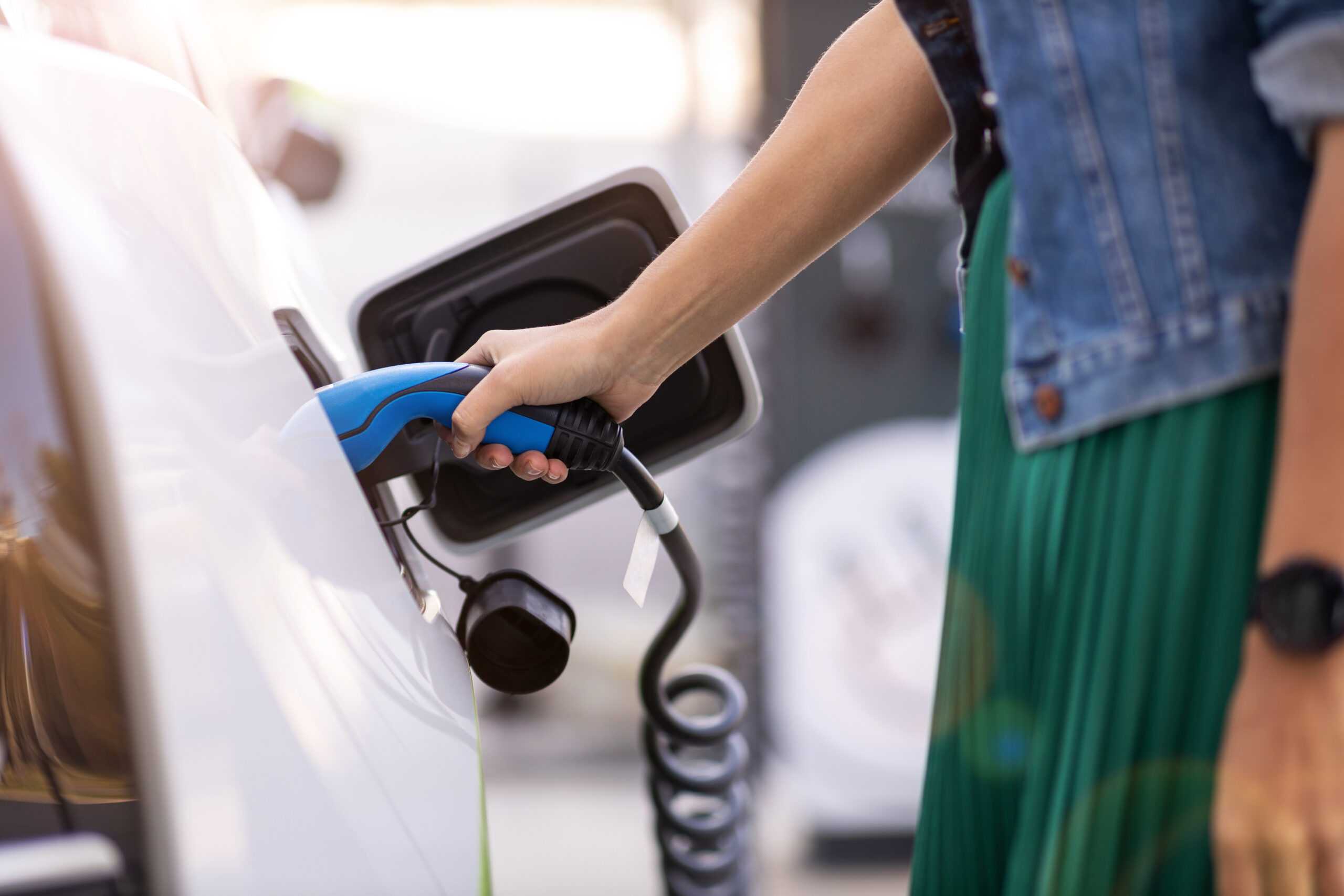While the initial impact of the global pandemic led to a sharp rise in alcohol sales, as many consumers imbibed to relieve stress, more recent consumer behavior has pointed to a growing shift in sentiment towards non-alcoholic alternatives. Corona has started selling a Vitamin D-infused alcohol-free beer, ABInBev debuted Budweiser Zero in the summer of 2020, Heineken has been heavily promoting its 0.0 beer, and WhistlePig offers zero-alcohol whiskey shots, to name just a few.
For big alcohol brands, being able to offer something to the sober, sober-curious, or just consumers who are looking to reduce their consumption, greatly increases the addressable market. There has been increased interest in Dry January, a public health campaign to abstain from alcohol for the month, with 13% of Americans stating that they would be participating this year. However, beyond the first month of the year, more and more consumers are aiming to make longer-term commitments to their health and nutrition. Heineken and other alcohol brands have become keenly aware of this.
“We’ve been witnessing a strong cultural shift in how consumers relate to alcohol,” Borja Manso Salinas, vice president of marketing at Heineken USA, told The Drum. “While non-alcoholic beverages were once reserved for those who completely abstained from alcohol, we’re starting to see non-alcoholic beverages used as a moderation option that fits in alongside other alcoholic beverages. So even if people aren’t abstaining from alcohol or they give up in the middle of Dry January, low-cal and low-alcohol beverages are good options for a moderation-focused lifestyle.”
A study by the US National Institute on Alcohol Abuse and Alcoholism, as reported by CNN, found that consumers were indeed buying and drinking more alcohol in the earlier stages of the COVID-19 outbreak, especially in mid-2020 when lockdowns were in full effect across the US. Interpret’s New Media Measure® supports this, as sales for beer, liquor, and wine all jumped up by several percentage points from 2019 among consumers aged 21-65.
That said, 2021 painted a different picture. With vaccines and testing kits more widely available, a number of consumers likely felt more hopeful and reduced alcoholic beverage purchases. 2021 figures remained above pre-pandemic levels but clearly leveled off. We expect 2022 to present even greater opportunities for companies producing non-alcoholic beer and spirits.






